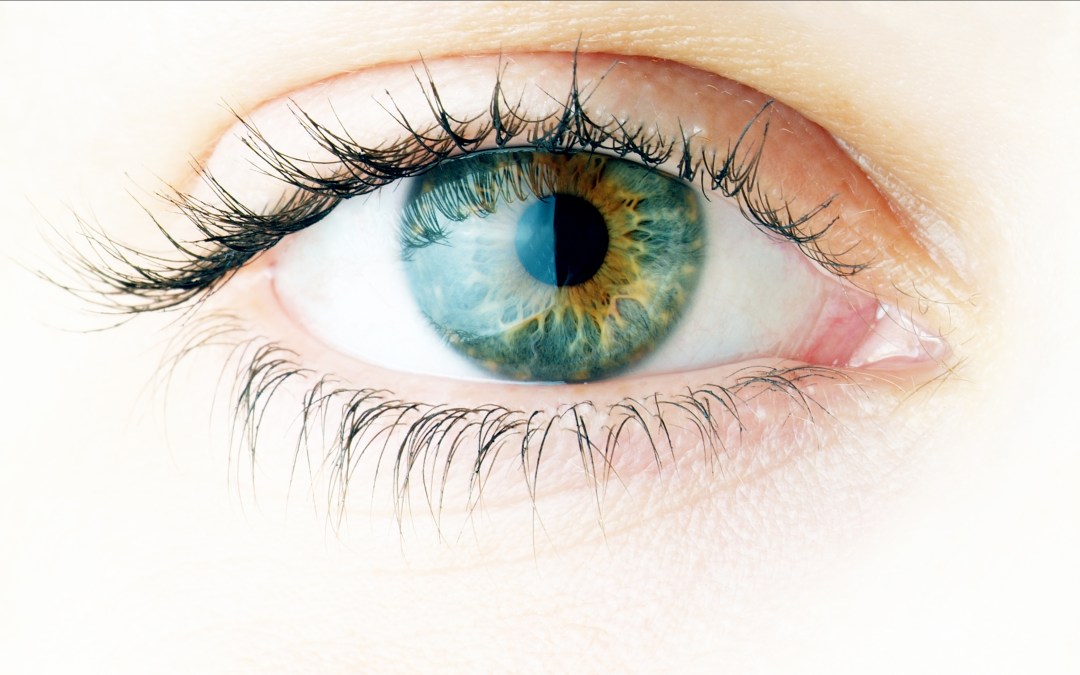How can I protect my eyes?
Each month, leading integrative health expert, Dr Andrew Weil, gives his definitive answer to a medical question

Poor eye health is often related to poor nutrition, excessive exposure to ultraviolet light and chronic disease. Protecting your vision should be a priority, starting early in life. The good news is that relatively simple lifestyle changes can have a big impact.
One of the most important things you can do to prevent eye disorders, and to help reduce the risk of chronic diseases that damage the eye, is to follow an anti-infl ammatory pattern of eating that includes omega-3 fatty acids from cold water fi sh and plenty of brightly coloured fruits and vegetables, for the spectrum of antioxidants they contain.
Antioxidants, such as the carotenoids lutein and zeaxanthin, help protect against cataract formation and macular degeneration – the latter being the leading cause of blindness in people aged over 55. Lutein accounts for some of the yellow and orange colour of carrots, squash and mangoes, and is also present in dark, leafy greens, such as kale and pak choi. Zeaxanthin is present in high levels in orange bell peppers, oranges, corn and honeydew melons. Egg yolks also contain both lutein and zeaxanthin.
Research about antioxidant supplements has been mixed, but I recommend taking a good multivitamin-mineral that contains vitamin C, vitamin E (in the form of mixed tocopherols and tocotrienols), mixed carotenoids and the B-complex vitamins, as well as zinc and copper.
Regular aerobic exercise promotes optimal eye health by improving circulation and reducing the risk of disorders associated with eye damage, such as diabetes and hypertension. Most people don’t spend enough time outdoors, looking at distant things, which can help keep the muscles that control distant vision fl exible. This is especially true for children. When looking at something close, everyone needs to look up regularly and focus on an object in the distance.
It is important to place limits on screen time. Beyond concerns over eye health, data suggests that spending an excessive amount of time on our electronic devices contributes to isolation, which is incompatible with good emotional and physical health. Also, try to get at least seven hours of sleep each night – your eyes need rest, too.
Protect your eyes from excessive exposure to the sunlight with UV-protective glasses that block at least 99 per cent of ultraviolet (UV) rays, and wear a wide-brimmed hat when you go outside. Some prescription drugs can sensitise eyes to UV light – make a habit of reviewing your medications with a pharmacist. Avoid cigarette smoke; it can impair circulation to the eye, reduce protective antioxidant levels, and cause direct damage to the lens.
And lastly, getting periodic eye examinations by an ophthalmologist, ensures that any eye problems are detected early when there is the best chance of preventing vision loss.
Read more from Dr Weil at drweil.com. You can also follow him on twitter: @drweil
Photograph: iStock








